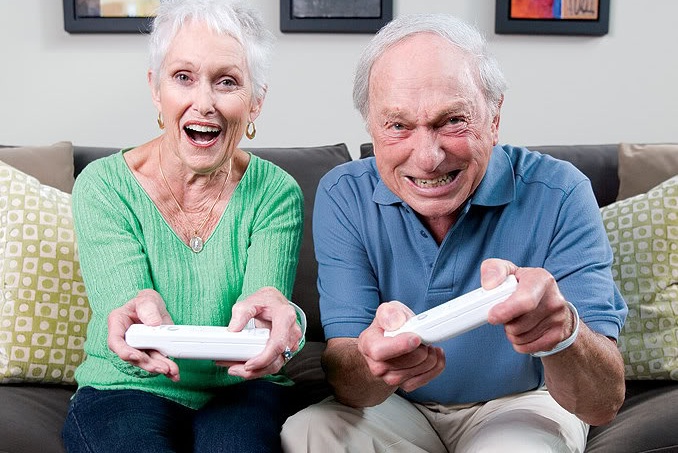
One of the major takeaways from the study, which collected data from more than 140,000 participants, was that competitive gaming is a young man’s game. Competition motivated young men (ages 15 to 25) much more than their female counterparts, but guys tend to lose interest in that competitive gameplay when they enter middle age. By 45, men and women were equally motivated by competitive gameplay.
Interestingly, the young male player base that gets excited about competitive gaming closely mirrors the group most likely to identify as a “gamer.” According to a 2015 study from the Pew Research Center, 49 percent of adults play video games, but only 10 percent of those who play would call themselves “gamers.” At the same time, a third of men between 15-29 use the term to reger to themselves, according to the report.
Across the board, it seemed people become less motivated to play games as they age. The study attributed that to a general shift in lifestyle, including “a broader range of responsibilities and pursuits.” At the same time, it asserted that being less actively driven to play, doesn’t necessarily mean older players enjoy their games less.
“‘Low Excitement’ implies a specific kind of gameplay, and calm/stress-free gameplay is no less valid than fast/stressful gameplay,” Quantic Foundry co-founder Nick Yee said in recent blog post.
Case in point, the study showed that interest in strategy — not necessarily strategy games, but the act being strategic in gameplay — rarely made gamers as excited as competitive gaming, but also shifted considerably less as players get older.


